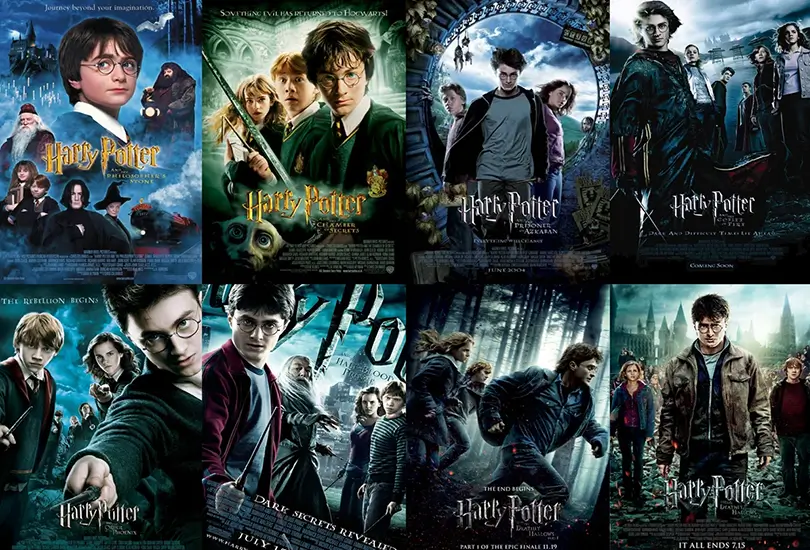The Spell of Nostalgia: Why Harry Potter’s TV Show Remake Can’t Escape Its Movie Roots
- Published in
- News
The news of a potential Harry Potter TV series or movie remake has sparked excitement among fans of the franchise. However, some experts in the entertainment industry warn that such a project could be problematic due to the issue of nostalgia.

Nostalgia is a powerful emotion that can cloud people’s judgment and make them overlook flaws or inconsistencies in a work of art. In the case of Harry Potter, many fans have fond memories of the original films and books, and any attempt to recreate them could be met with resistance or disappointment.
The Harry Potter series has also already seen great success, with the original books selling more than 500 million copies globally and the movies bringing in more than $9 billion at the box office. A remake could not be this successful or could not bring the same cultural effect as the original used to be.
Moreover, changing an already existing masterpiece that was loved by millions of fans could not bring a good result and may be opposed. The universal Harry Potter base is set in an exact time and setting, and changes could be seen as a betrayal of the original material.
In spite of these challenges, many people are in favor of a new adaptation as long as it is portrayed true to the original spirit. While many individuals are against the idea because why would somebody want to touch that is already perfect?
But this new remake isn’t the only upcoming adaptation. It must be brought to attention that several Harry Potter projects are undergoing work, that includes a play, a video game, and a movie about the origins of Voldemort. Such programs suggest that Harry Potter fandom is still alive and interested in the franchise. It opens the door to the idea that there are methods to extend the universe without touching the original plot.
It is evident that the Harry Potter movie franchise has been a legendary phenomenon for more than two decades. This franchise has captivated audiences with the magical and wizarding world. Fans are buzzing with excitement upon hearing announcements of a potential Harry Potter TV series. However, some veterans in the entertainment line have expressed their distaste because such a remake could become troublesome because of the nostalgia issue. Let’s take a closer look at the pros and cons of a Harry Potter remake.
The remake could make the new generation aware of the hype and bring a new life to the original plot. Though the books already hold a huge fan base, a new adaptation can attract new and younger viewers that missed out on the legendary era of Harry Potter. Also, a remake could discover new lines and characters that were not present in the original ones. A new adaptation could also enable a new and creative interpretation of the settings and characters while keeping the franchise exciting and relevant.
Sentiments are the only thing that clouds people’s judgment and stops them from considering a new remake of an existing franchise. Fans not liking a new adaptation of the Harry Potter film series is majorly driven by nostalgia. Many people have fond memories of the original ones, and recreating them could bring strong negative opposition. Moreover, the Harry Potter franchise has already experienced ginormous success, so new adaptations are perceived as money-grabbing techniques and may not hold the same intensity of cultural impact as the original ones did.
To sum it all up, the idea of a Harry Potter remake is definitely exciting, but it has more negative points than positive. There’s the problem of nostalgia and sentiments, which could decrease the fan count from millions to hundreds real quick. Nevertheless, if handled with care and with the apparent commitment to staying real with the original storyline, a new remake could also bring huge success to the name of the original Harry Potter name, increasing the fandom size even more by attracting the new generation. In the end, it falls on the creators to determine the risk and all four sides of it.